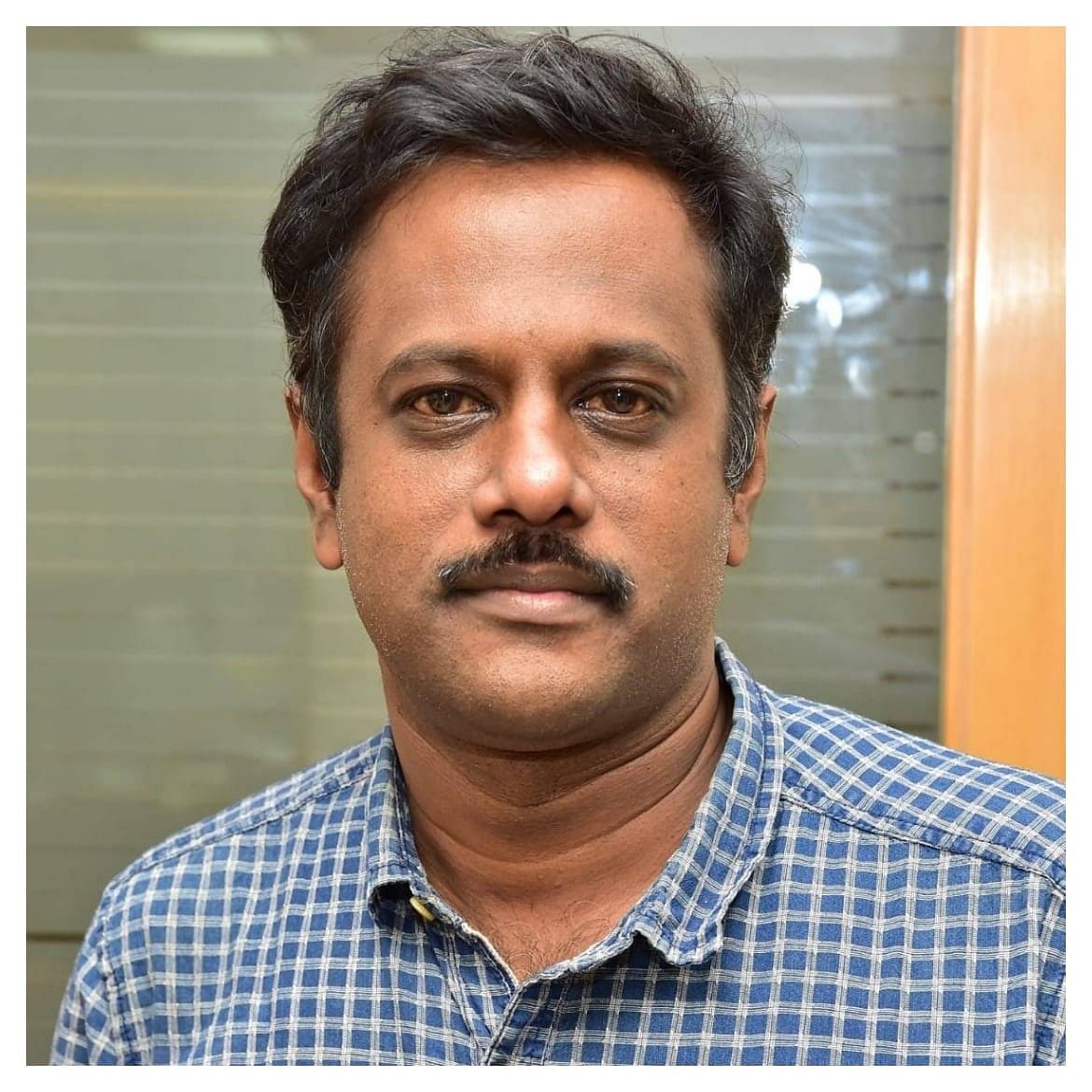This LS sent only 25% bills to House committees
The 16th Lok Sabha worked for more hours than the previous one and even cleared more legislations but an analysis showed its record on sending bills to Parliamentary committees was dismal, a complaint regularly raised by the Opposition.
Only one-fourth of the bills introduced during the current Lok Sabha were sent to Parliamentary committees for further scrutiny while the figure was much higher during the previous two Lok Sabhas when the Congress-led UPA government was in power, the analysis by the PRS Legislative Research said.
While in the 14th Lok Sabha (2004-09), 219 bills were introduced, the next Lok Sabha saw the introduction of 213 and the current one saw 237.
The 16th Lok Sabha worked for 1,615 hours, which is 20% more than the one during UPA-II and passed a higher number of 133 bills, which is 15% more than the previous one, it said.
However, this is 40% lower than the average of all full-term Lok Sabhas (2,689 hours).
However, the analysis said the current Lok Sabha has referred to a “significantly lower proportion” of bills to committees for scrutiny though more bills have been discussed for longer.
“Thirty-two per cent of the bills were discussed for more than three hours in the Lok Sabha. This is higher than the previous two Lok Sabhas (22% and 14% in the 15th and 14th Lok Sabha respectively). Bills passed within 30 minutes have decreased significantly from 26% in the 15th Lok Sabha to 6% in the 16th Lok Sabha,” it said.
“Due to time constraints, it is not possible for each MP to discuss and scrutinise all bills in the House. Committees allow for detailed scrutiny of legislation, provide a forum for feedback from various stakeholders, and act as a consensus building platform across political parties,” the analysis said.
On several occasions, the Opposition had raised the demand for sending the bills to Parliamentary Standing Committee or Rajya Sabha Select Committee but the government had resisted the move. The Opposition had been accusing the government of subverting the law-making process by rushing through the Bill while the government said their opponents were trying to delay the process.
The proposed legislations like the Triple Talaq Bill were stuck over the issue of referring to a Parliamentary committee.
Though the Opposition supported the government in passing the Constitution Amendment Bill to provide for 10% quota for economically backward classes, they questioned the government why it brought the Bill at the last minute and virtually blocking Parliamentary scrutiny.
Referring to the “general decline” in the number of sitting days, the analysis said the current Lok Sabha sat for 331 days, while on an average full-term Lok Sabhas sat for 468 days.
“This Lok Sabha lost 16% of its scheduled time to disruptions, better than the 15th Lok Sabha (37%), but worse than the 14th Lok Sabha (13%). Rajya Sabha lost 36% of its scheduled time. In the 15th and 14th Lok Sabhas, it lost 32% and 14% of its scheduled time, respectively,” it said.
Compared to the first Lok Sabha, it said the later ones have spent a less proportion of time on legislative business — this Lok Sabha spent 32% of its time on legislative business, higher than the average of other Lok Sabhas (25%), while it spent 13% of its time on question hour, 10% on short duration discussions and 0.7% on calling attention motions.
